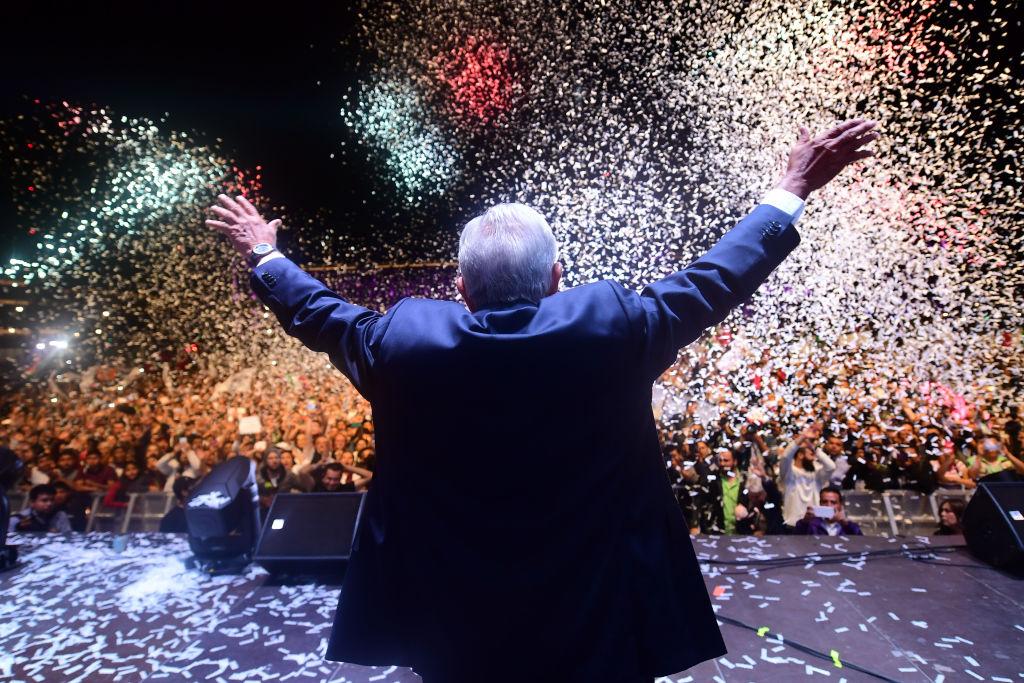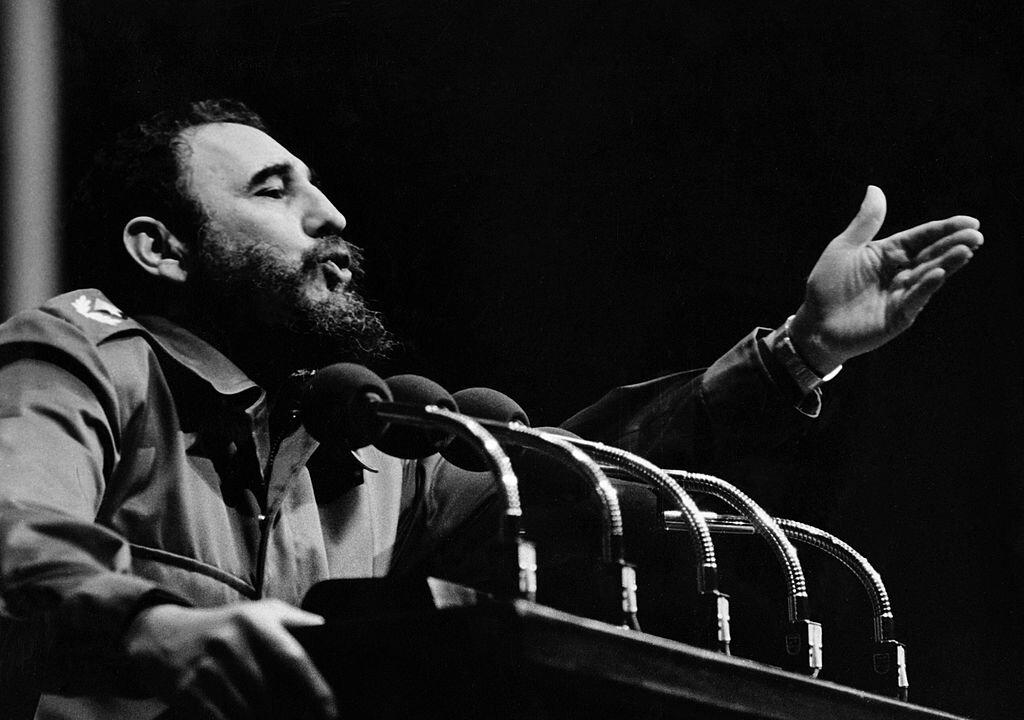Cracks have already appeared for Mexican president-elect Andrés Manuel López Obrador (AMLO). While his inauguration is still four months away, the National Electoral Institute has fined his political party $10 million for campaign-finance violations.
Even if he personally escapes prosecution, this example is merely the trickle before the dam bursts. Unfortunately for Mexico, the river of corruption his tenure is set to usher in will go far beyond his administration, and it will do long-term damage to the nation.





